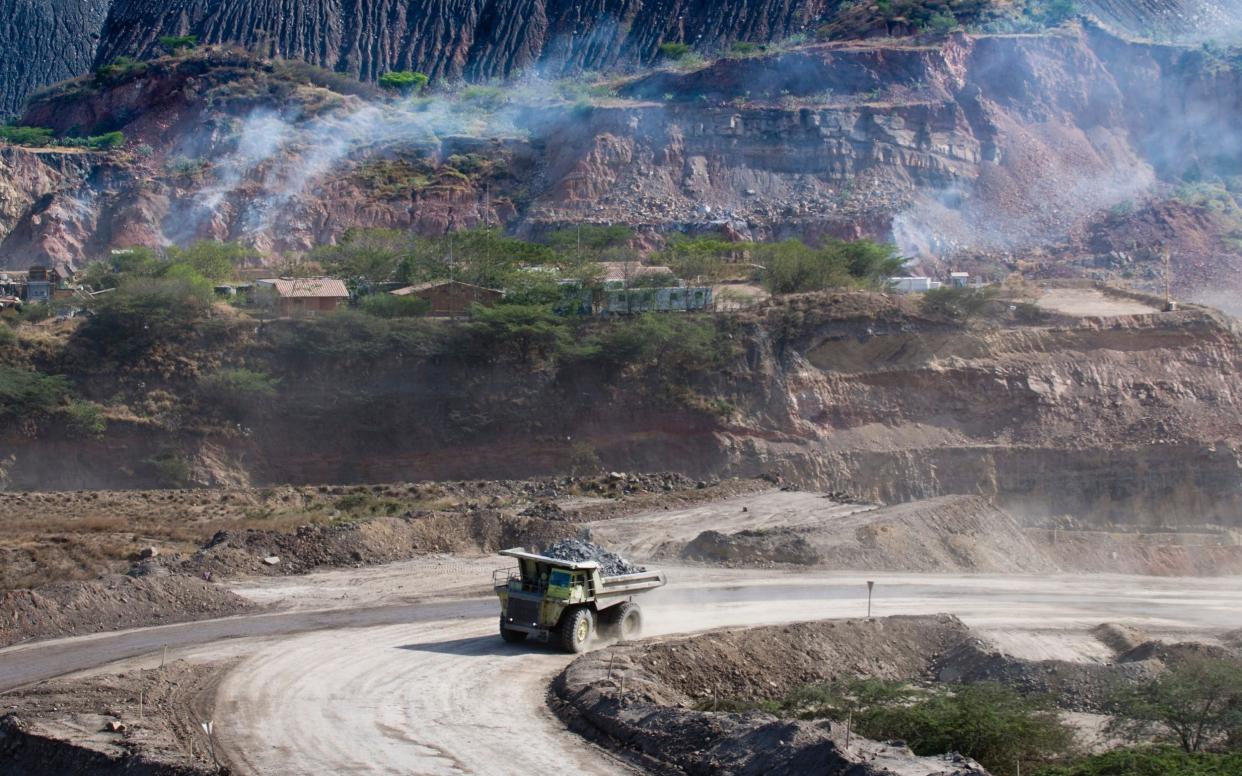British lawyers launch UN bid to halt Colombian mine operations

British lawyers have filed a request with the United Nations to halt work at a Colombian mine part-owned by Anglo American over claims it is causing life-threatening pollution and human rights violations.
The Cerrejon mine in the northeast of Colombia is one of the biggest coal mines in the world, and a major exporter to Europe. It is joint owned with Glencore and BHP.
The indigenous Wayúu community have long argued that the mine has contributed to air and water pollution, and uses up 24 million litres of water a day that could otherwise be used for drinking and subsistence agriculture.
More than 4,700 children have died from preventable diseases over the past eight years, which activists say are linked to the pollution caused by the mine.
The situation has worsened during the pandemic as residents have not been able to travel to find food and clean water.
Lawyers for the community, which is based around the mine, have now written to the UN’s Special Rapporteur to ask them to urgently review the evidence and call for work to be immediately halted.
“Beyond coronavirus, they are making a call for the end of the operations of these coal mines, because there is already a demonstrated violation of fundamental rights,” said Monica Feria-Tinta, barrister at Twenty Essex.
The UN’s Special Rapporteur can review evidence in a possible human rights violation, and call on member states to follow certain actions. Its findings will also be communicated to the company’s shareholders.
The move is the latest of several legal challenges against the mine, including a ruling by the country’s constitutional court earlier this year which acknowledged it had caused pollution.
Among the evidence submitted to the UN are photos of skin diseases and evidence of respiratory conditions in Wayúu children.
Reports earlier this year suggested that Anglo American was preparing to exit the South African coal business, and also looking to step back from mining in Colombia, amid a decline in coal in Europe as governments seek to tackle climate change.

